“I went from being a top rider to a nobody” - Frans Maassen reflects on EPO era
CyclingWednesday, 02 July 2025 at 10:09
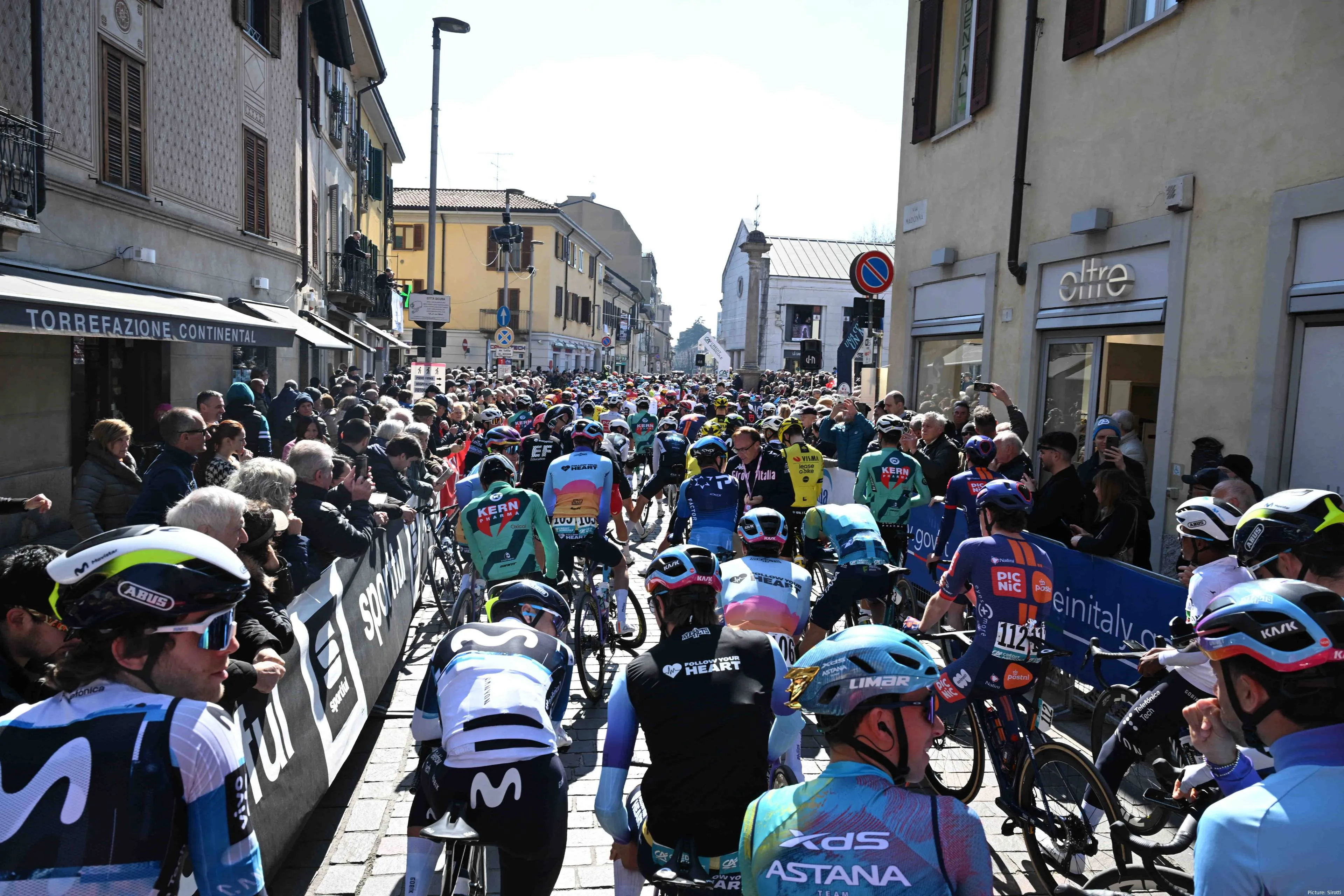
Frans Maassen, now a respected sports director at Team Visma
| Lease a Bike, has opened up about the personal toll of professional cycling’s
EPO era in the 1990s, a period that drove him out of the sport at just 30 years
old.
Maassen, who won the Amstel Gold Race in 1991 and was tipped
for a glittering career, found himself increasingly outmatched as
performance-enhancing drugs transformed the peloton. While others surged ahead,
Maassen stood still, by choice.
Read also
“I could never understand how it could make such a
difference—how EPO could make you so much stronger,” he said on the In de
Waaier podcast. “We don't have to be so spasmodic about it now as we did
back then. But it was just used a lot in the peloton.”
His recollections are not of a sudden collapse, but of a
slow erosion. One day in particular stood out. “I remember thinking I was
better than ever—and I probably was. But at the Drielandenpunt I was simply
outpaced by more than 100 riders. And we were only halfway there.”
Maassen’s hematocrit levels hovered at 44 or 45, just under
the 50% threshold later used as an EPO detection marker. But as rivals pushed
far beyond it, the sport splintered. “You suddenly had two speeds in cycling,”
he said. “That was very difficult for me, because I didn't win any prizes
anymore. And that was always my drive—to be able to suffer.”
Read also
The loss of competitiveness wasn’t just a professional
crisis. It cut to the heart of his identity. “At one point a spring broke. I
earned quite a lot of money at that time, but I was never able to enjoy it,” he
admitted. “If you are paid as a leader and you can't live up to that, then you
really feel like crap. Those were definitely difficult years. But that wasn't
just true for me. It was a very difficult time for a lot of riders.”
Just about the entire peloton during the 90s were using
performance enhancing drugs, but Maassen managed not to, and that should be applauded,
especially considering the sport is still recovering from the dark cloud caused
by that era.
Asked whether he had ever considered doping, Maassen did not
flinch. “I have thought about it, yes. I dare say that I came close to doing
so. But something held me back, and I am very happy about that now.”
Read also
claps 6visitors 6
Just in
Popular news
Latest comments
- You know as well as I do they only half believe in GC, they’re not stupid, Jonas is another level, if he crashes, has a bad day or Trine falls ill, Almeida will win anyway, with or without teammates so go figure.Mistermaumau03-09-2025
- UAE management have always been terrible, rider talent saves them.Mistermaumau03-09-2025
- How many jobs have you had? You think employers are holy or what? Never seen employers abuse employees or try to make them sign contracts with illegal clauses? Never been in a company where you get contradictory orders from different sides of hierarchy? PS He earns less than ageing Adam Yates who has limited upside potential so by UAE standards, kind of average.Mistermaumau03-09-2025
- Ayuso gets more pressure because he's a better climber, but, nevertheless, UAE's management is terrible in this Vuelta. If this was the Tour, no-one would be targeting KOM.
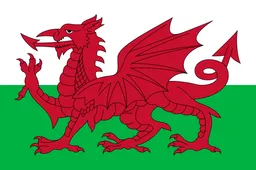 Llywelynglyndwr03-09-2025
Llywelynglyndwr03-09-2025 - I think it is very clear that Giulio Pellizzari is stronger than Jai Hindley - when in the group, Pellizzari rides behind, so if Jai is in difficulty, Giulio knows straight away, and works when Jai can't keep the pace. The fact that, on domestíque duties, Pellizzari can still be 9th on GC, equal on time with his 8th placed teammate, shows how strong he is.
 Llywelynglyndwr03-09-2025
Llywelynglyndwr03-09-2025 - While I think that Ayuso has begun to redeem himself, he has not done it yet. He needs to work for Almeida for at least another 3 stages, and then if he goes for a stage win it will be as a reward. And after that he'd have to work more, and maybe get a third shot for a stage win. That way he'll fix his reputation
 Llywelynglyndwr03-09-2025
Llywelynglyndwr03-09-2025 - Totally, not going to take UAE’s side without having seen all the details. And when you see the lynch mob(bing) starting here based on very little other than personal feelings, you should 1. be pretty worried about where society is heading and 2. have no more doubt as to where kids got their talents for social media mobbing from.Mistermaumau03-09-2025
- I know that, just wondering why you expect so much from people calling themselves pros or experts these days.Mistermaumau03-09-2025
- It's probably better punishment keeping him in the race and working as a teammate.frieders303-09-2025
- Disrespectful? If UAEs intent coming into this was to win the overall then Vine shouldn't be chasing KOM jersey ! UAE has totally mismanaged this tour!frieders303-09-2025
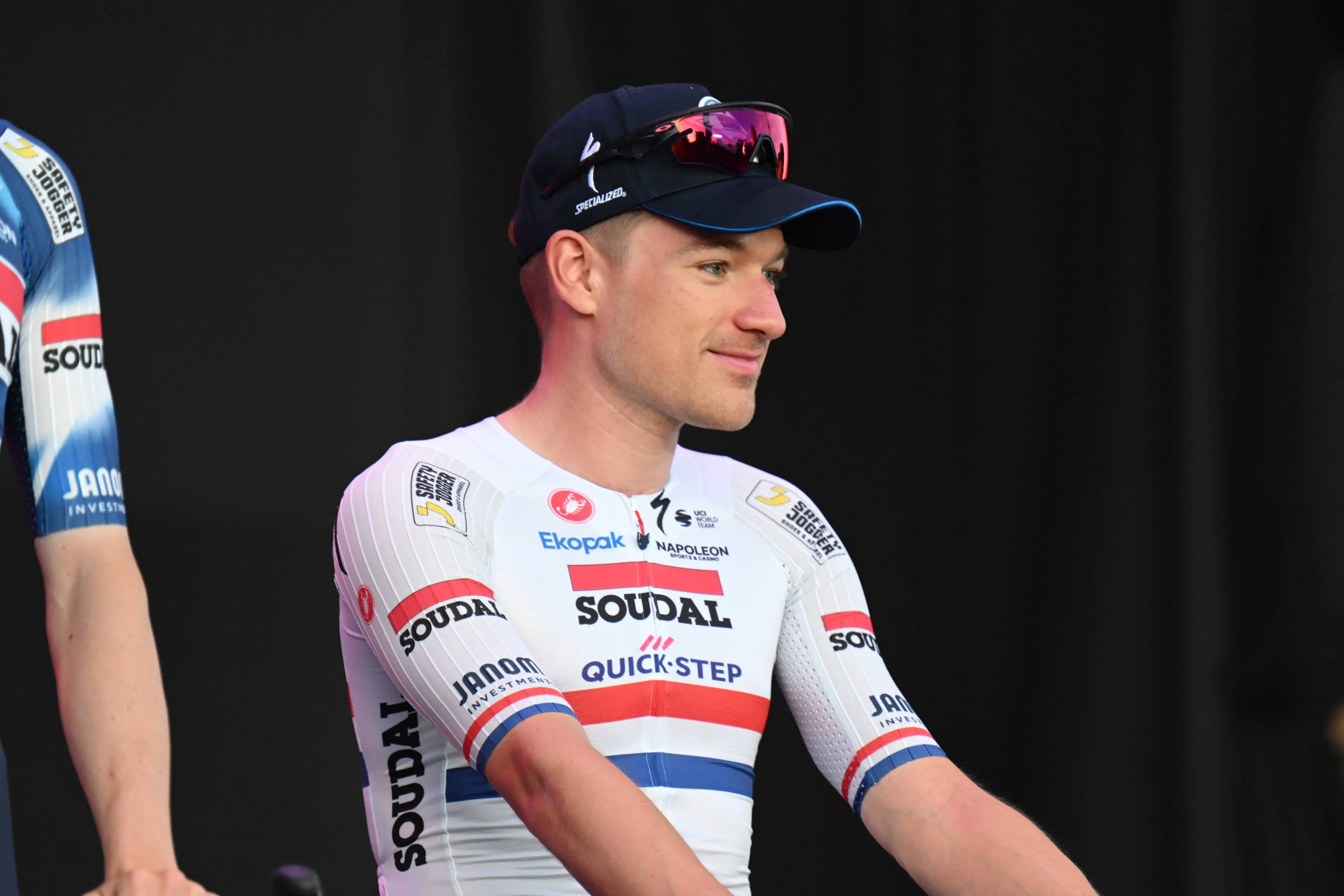

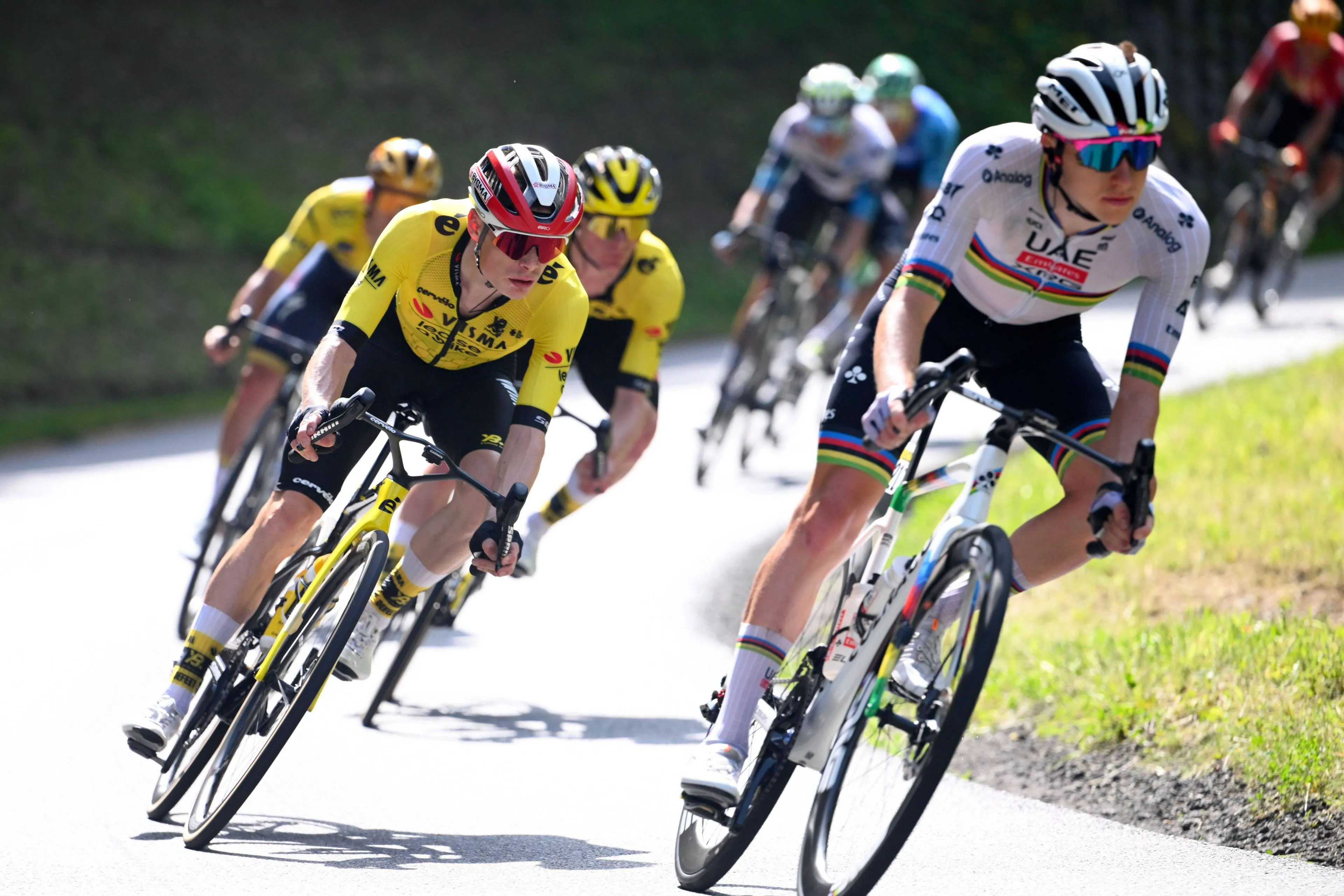

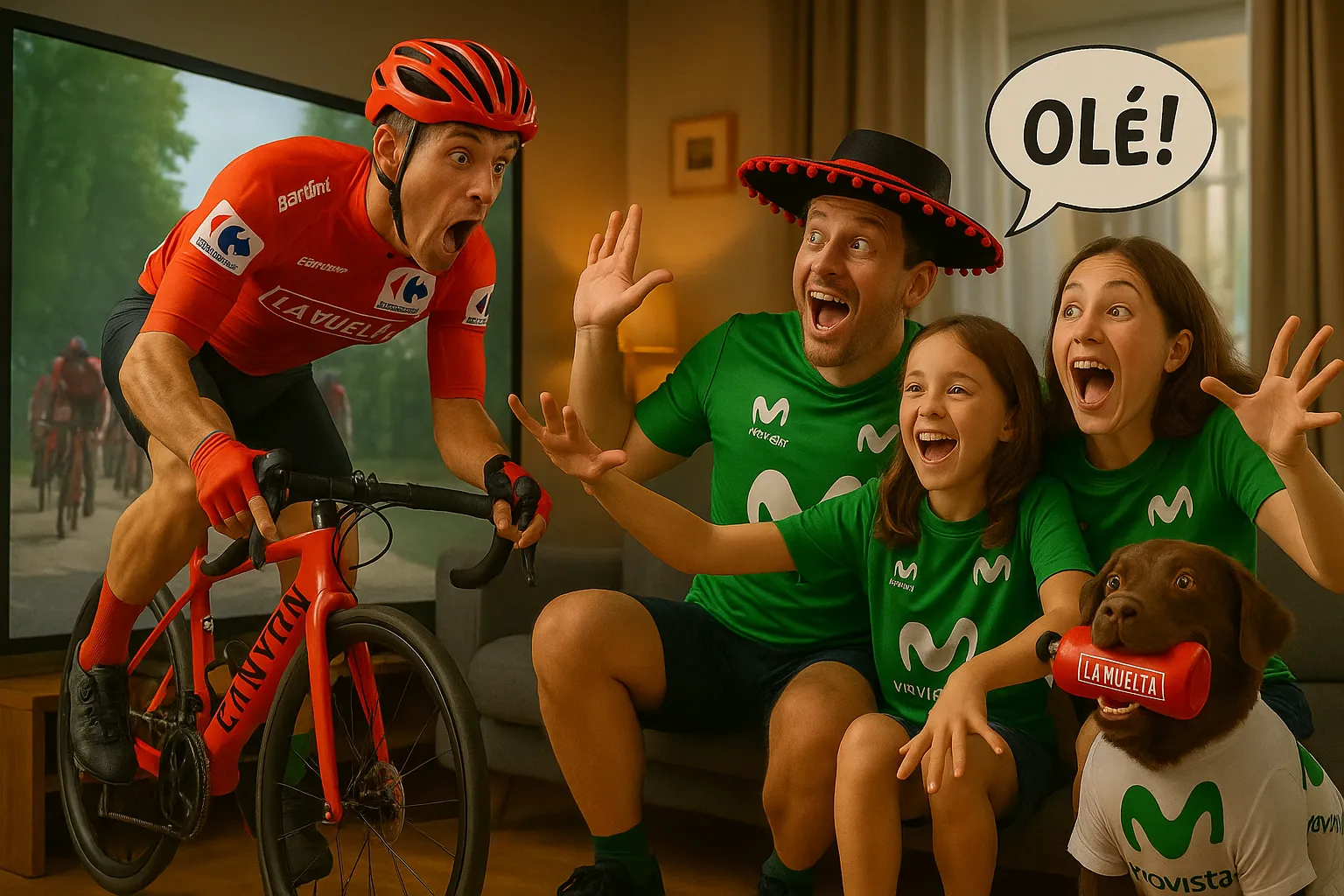
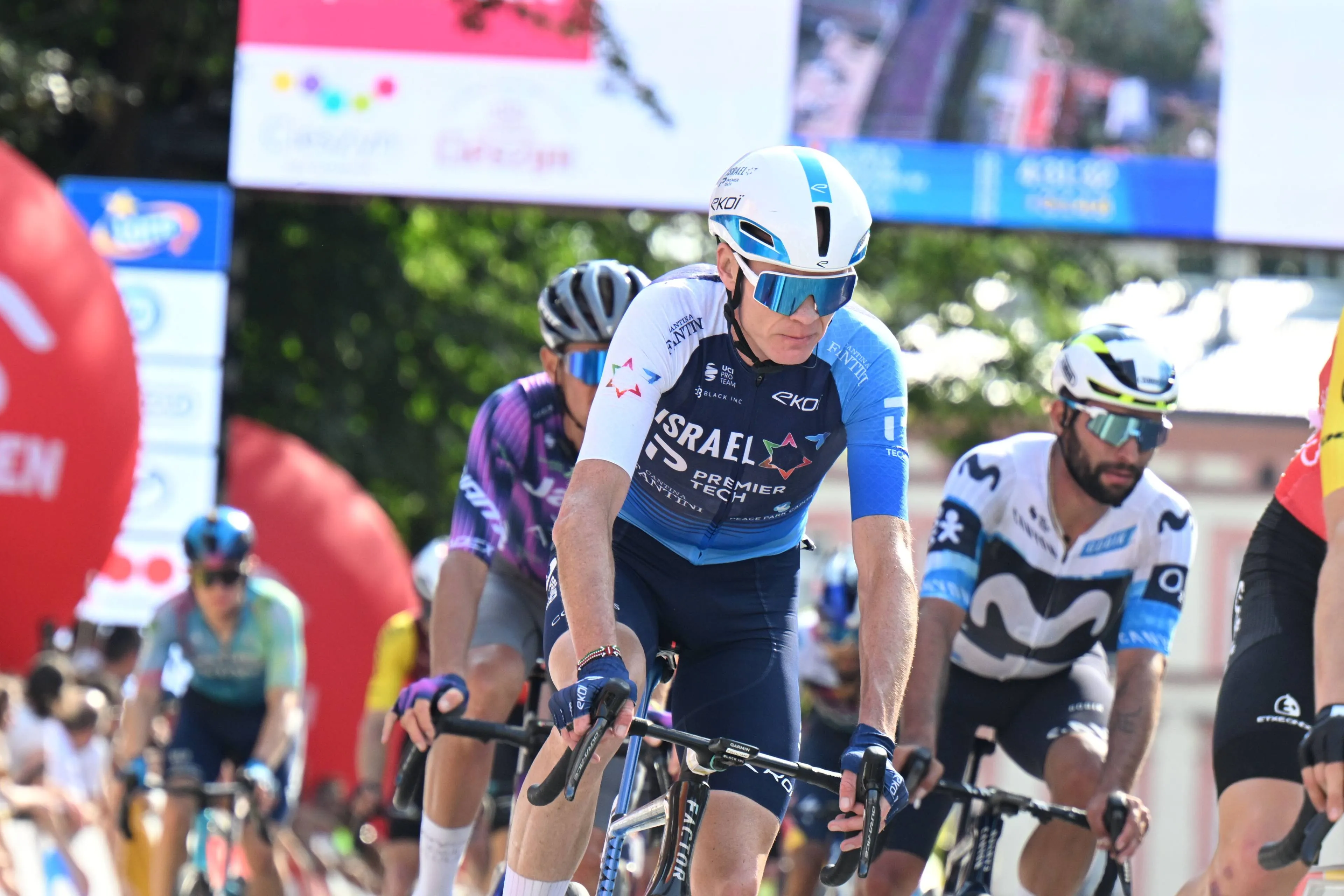
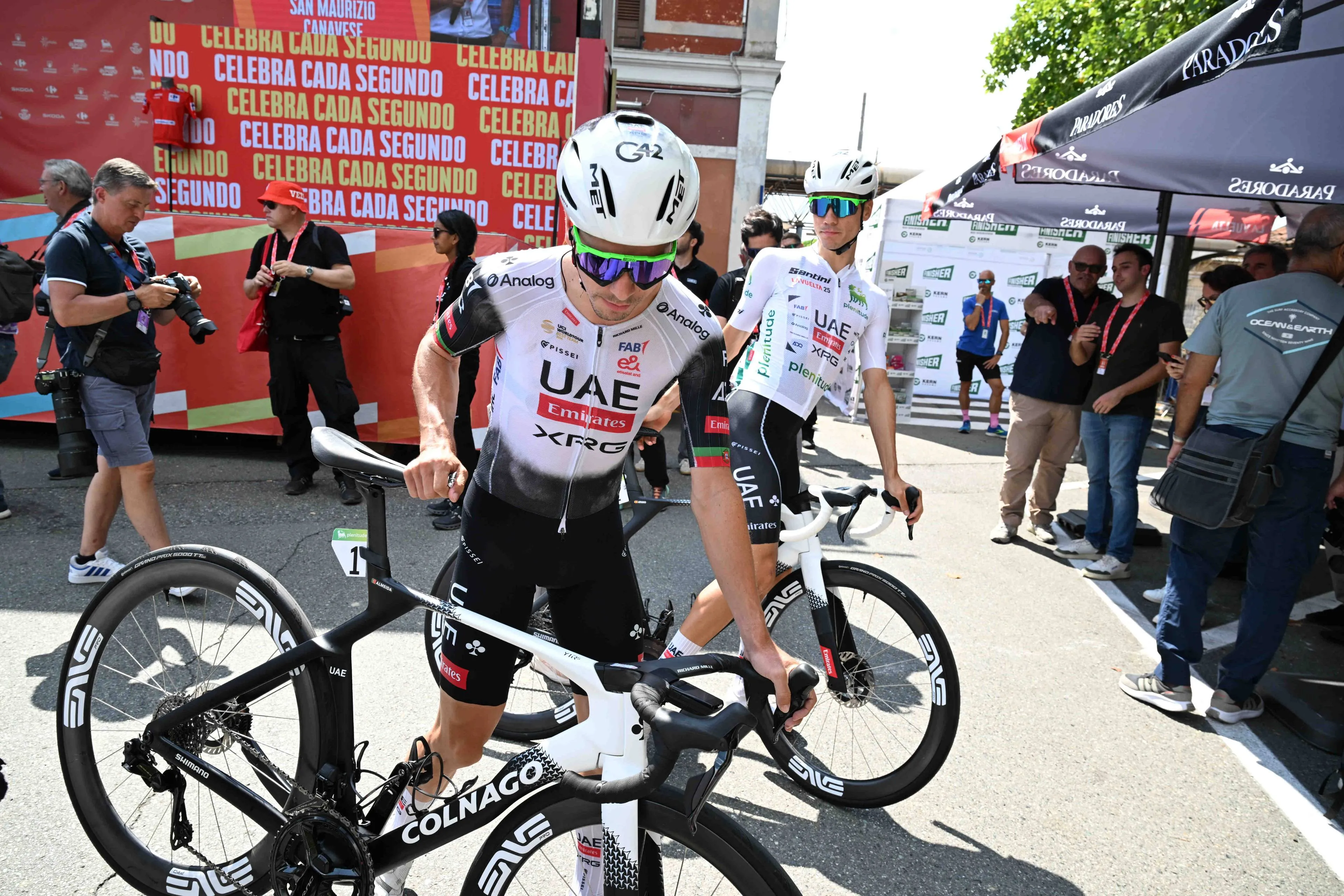
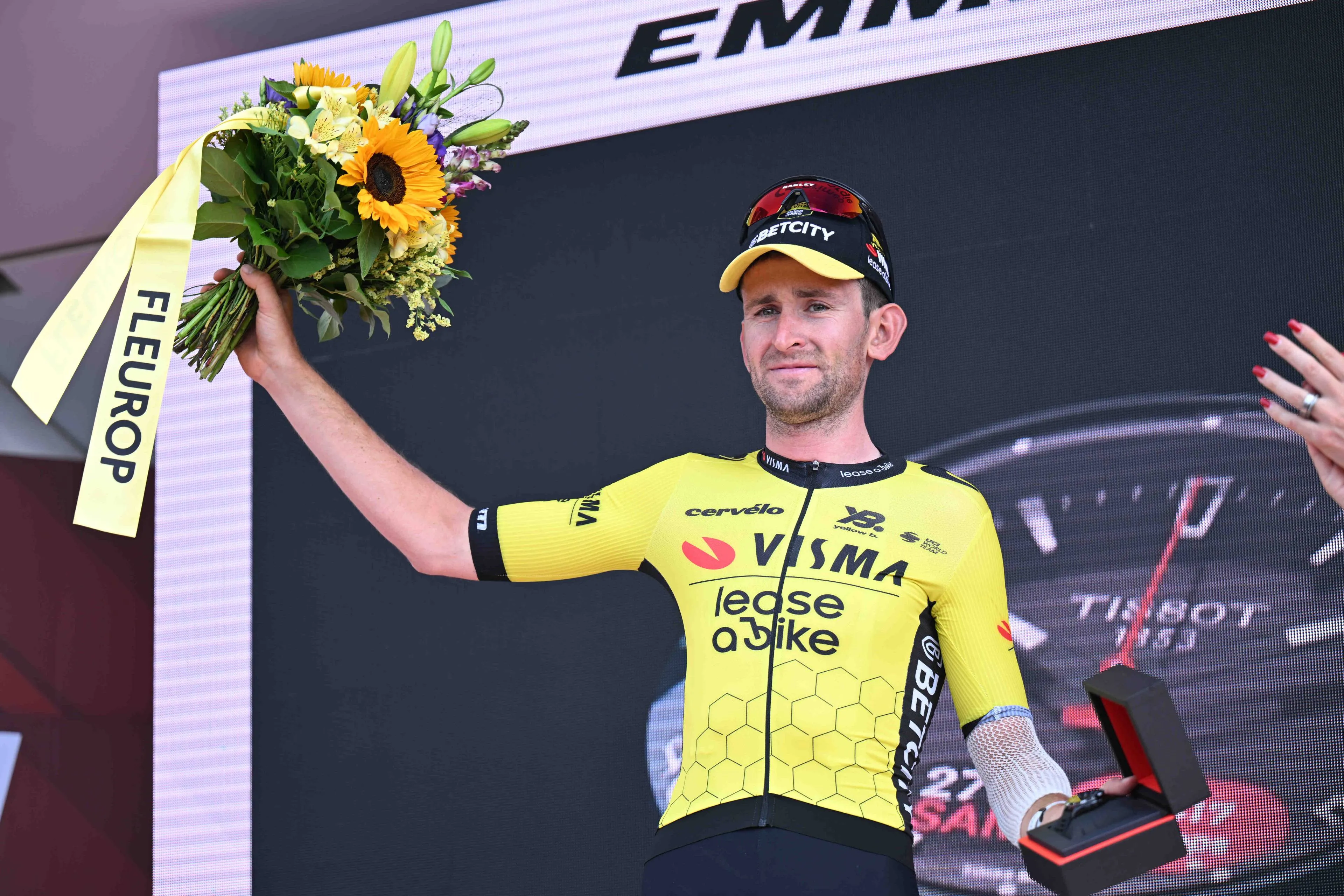
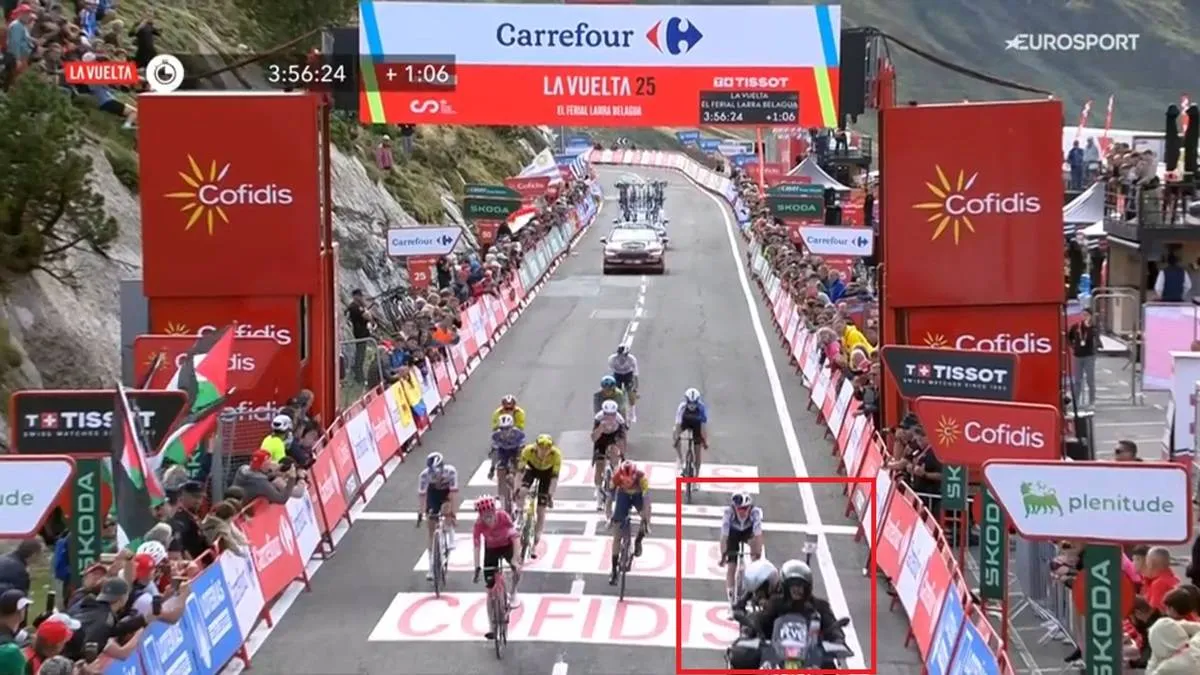
I wonder, do the former riders who didn’t use ever talk about it with the former riders who did use, and what gets said during those moments? He’s still in the sport, the team he’s on is the inheritor of the Rabobank machine, there are many there who were using the illegal and destructive tools. Don’t talk about the past, I want to know about the now, as well!
There are plenty of examples of that. Phillippe Casado with Lemond/Boyer; Bassons and many teammates/competitors/staff; Tyler Hamilton and Dr Celaya; Scott Mercier, etc.
Men tend not to talk much ;-)
It’s like with the men/women age gap, no matter what your position is on the older man/young woman and/or older women/young man, you only ever see articles about it by women (who then claim they’ve seen what men say about it even though when you search for that you come up with very little. I think the only conversations you’ll get to know about are those with dopers who came out the closet, how many are still stuck in one?